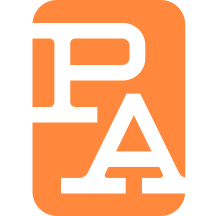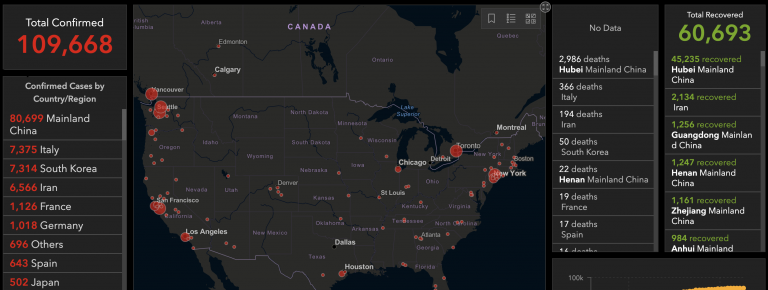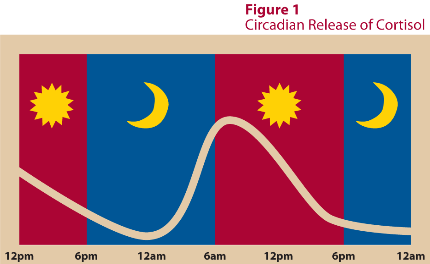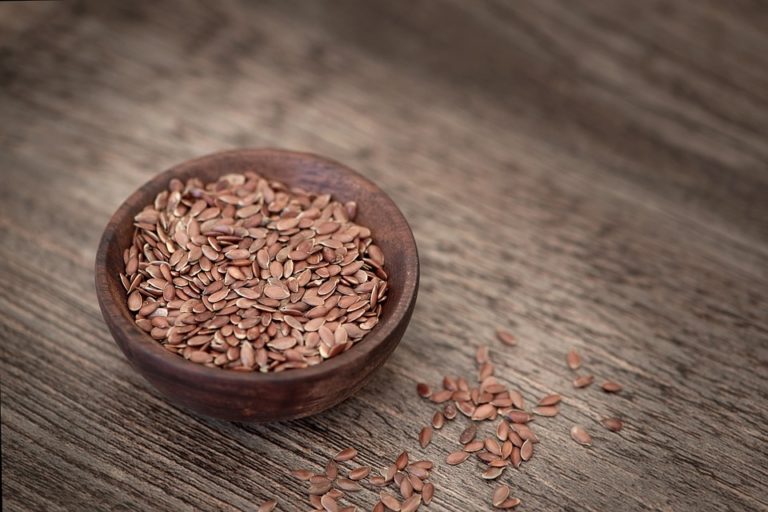Alternative Approaches to Managing Hypertension
About hypertension
Elevated blood pressure, commonly known as hypertension, affects nearly one in three Americans, according to the National Institutes of Health. Most people can suffer from the condition without knowing it, so it’s important to check your blood pressure at least annually and more often upon your doctor’s recommendation.
Essential, or primary, hypertension often shows up gradually over time. While it has no known cause, certain risk factors like age, race and family history play a significant role. Obesity can increase risk of hypertension by as much as five times as someone of normal weight. One fundamental component in essential hypertension is a stiffening of the arteries (atherosclerosis), which puts increased pressure on the heart.
Secondary hypertension is just that – a condition secondary to a primary health condition like kidney disease, an adrenal gland disorder or pregnancy. Excess alcohol consumption and the use of birth control pills may also contribute to hypertension.
Diet and lifestyle factors
Elevated sodium consumption may lead to increased water retention, thereby increasing the fluid pressure on the arteries. Conversely, diets low in potassium (a mineral that balances the effects of sodium), can lead to elevated blood pressure. Elevated levels of insulin, associated with diabetes, obesity and Syndrome X can interfere with blood-pressure regulation mechanisms as well.
High stress and a lack of exercise can also contribute significantly to elevated blood pressure. I knew one physician in San Francisco who had so much stress in his job that he required several medications to maintain his blood pressure. Within three months of retiring, he was off all medications – no one was more surprised than he to realize how much his job was affecting his health.
Alternative approach
Many patients come to me already on cholesterol, blood-pressure and antacid medications. They don’t want to take these medications, but they also don’t want to risk their health.
The approach to treatment depends primarily on the underlying cause of your hypertension and its severity. Fortunately, there are many safe and effective alternatives to medications, so long as patients maintain good communication with their physicians. Following are two to consider.
Acupuncture for hypertension
According to a 1997 National Institutes of Health study, “evidenced-based indications for acupuncture in cardiovascular medicine” include angina pectoris, primary and secondary hypertension, Raynaud’s syndrome, and several others.
Herbs for heart health
When it comes to selecting the right herb for the heart, it’s important to understand both drug-herb interactions as well your specific cardiovascular objective. In my practice, I use more than a dozen different herbs to affect the function of the veins, arteries, microvasculature and the heart itself. Always consult your physician and work with a qualified herbalist when using herbal medicine. A few of my favorites include:
Hawthorn. Because hawthorn can reduce the heart’s demand for oxygen, it’s an ideal herb for mild angina pectoris as well as athletes looking for increased efficiency. Hawthorn works by dilating peripheral and coronary arteries and is generally safe to combine with conventional drugs. It’s a key herb for essential hypertension.
Coleus. With the active ingredient forskolin, this unique herb has been used both in weight loss and cardiovascular applications. Experimental and clinical studies demonstrate that forskolin significantly lowers blood pressure by relaxing vascular smooth muscle.
Ginkgo. Ubiquitous in stores today, ginkgo plays a key role in improving peripheral circulation, or blood flow to the extremities – but only when a high-quality product is used. To be effective, ginkgo should be standardized for active ingredient flavongylcosides in a 50:1 concentration. Ginkgo must also be harvested and extracted correctly to achieve circulatory benefits.
Nattokinase: The Other Aspirin
While not specifically indicated for hypertension, Nattokinase may benefit certain cardiac conditions where there is a clotting problem or where heart function is impaired. For years, people in Japan have consumed a type of fermented soy called “natto.” Nattokinase exhibits strong fibrinolytic activity—the ability to reduce blood clots.
8 Steps to managing hypertension
- Reduce key sources of stress in your life.
- Exercise a minimum of three days per week for 20-60 minutes – using large muscle groups is ideal.
- Reduce alcohol and caffeine consumption.
- Consume less than 1 teaspoon of sodium daily.
- Balance minerals magnesium and calcium.
- Consume sufficient vitamins K and D.
- Lose weight if you are obese or overweight
- Consume fruits and vegetables daily.







